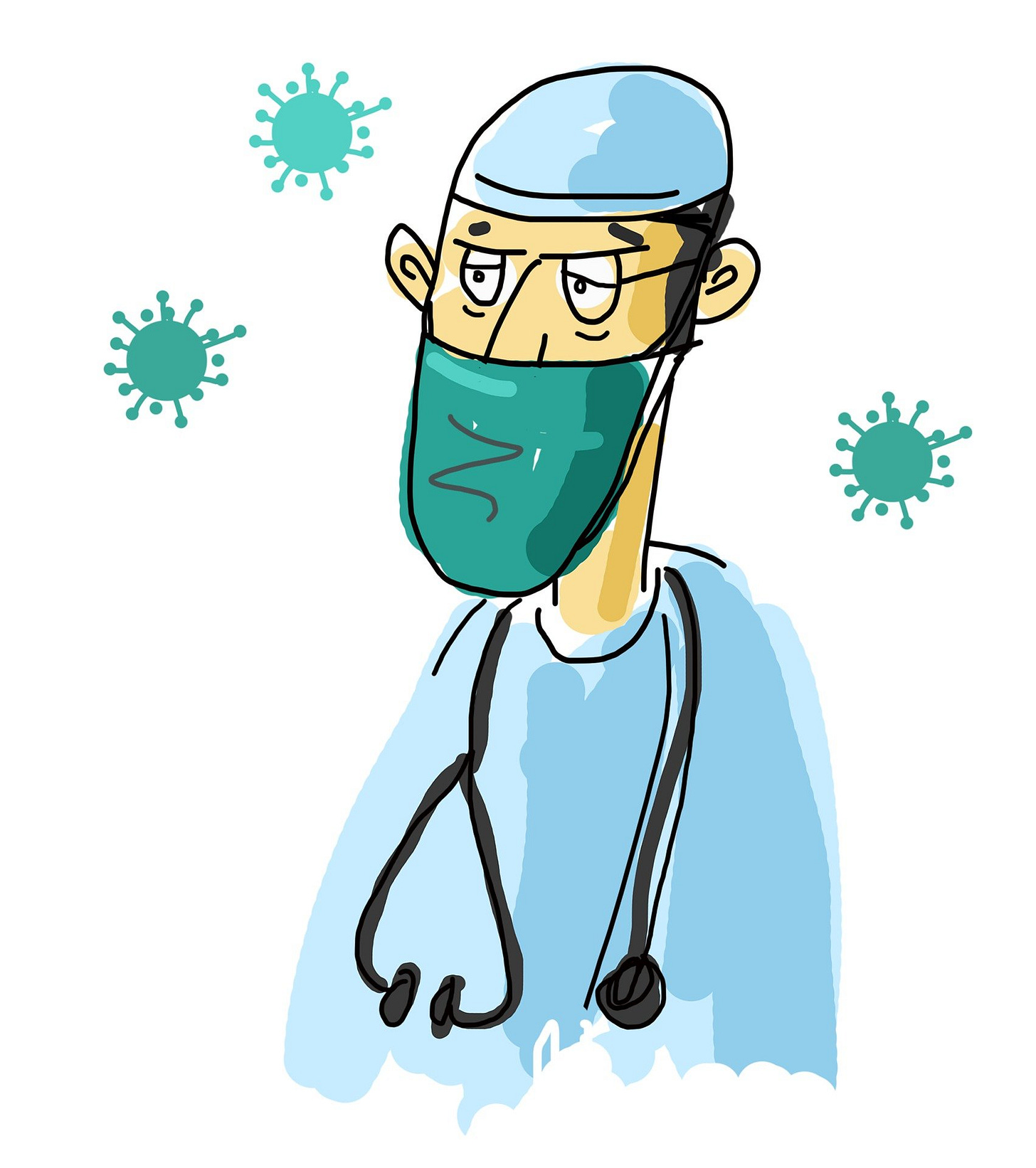There have been a growing number of reports of “Paxlovid Rebound.” People test positive for Covid-19, they take the Paxlovid antiviral pills for 5 days, they feel better and test negative. And then a few days or weeks later, their symptoms return, and (Surprise!) they test positive again. But it shouldn’t come as a surprise.
“Here’s What Scientists Know About Paxlovid Rebound.” Time Magazine, May 31, 2022, https://time.com/6181388/paxlovid-rebound-what-to-know/
Antibiotics and antivirals are not actually magic bullets that inactivate and remove every virus particle. These compounds actually work by distracting or weakening the invader enough so that our immune system can get the situation under control. Our body does the real heavy lifting, and we do it better with a little help.
Paxlovid binds to the virus and makes it difficult for the virus particle to attach to a cell and turn that cell into a virus factory. But it takes the body time to mop up all the virus particles — there are literally trillions of virus particles running around inside us when we have a full-blown viral infection.
If the antiviral + our immune system clears 99.999% of the little buggers, the symptoms can improve. But there still might be millions of dormant viruses lurking in the body. Over time, the antiviral molecules that coat the virions might fall off, a few of those reactivate, and there might be enough virus to fire up another infection.
So the antivirals are simply buying us time, they are giving our body time to gear up antibody production. That’s good. But sometimes we see a second wave of viral activity. Not ideal, but not a disaster. The same basic thing can happen if a person only takes two or three days of antibiotics for a bacterial infection … the person seems to get better, they stop taking the recommended course, but the eradication of the bacteria was not complete, and they are back into infection mode.
In a somewhat related phenomenon, we know that the number of virus particles a person is initially exposed to can affect how serious the infection is. If a person gets directly sneezed on by a very sick person, they might get hit with a high dose, and the infection goes from zero to sixty very quickly. If the initial exposure is only a few viruses, the incubation period is longer, and the body has more time to gear up for the fight. Emergency room nurses and physicians were especially hard hit in the first stage of the pandemic because they were exposed to high infectious doses of the virus and often lacked the appropriate personal protective equipment.
“The initial infectious dose of SARS-CoV-2 and the severity of the disease: possible impact on the incubation period.” Future Virology, Apr 2021. Full Article




